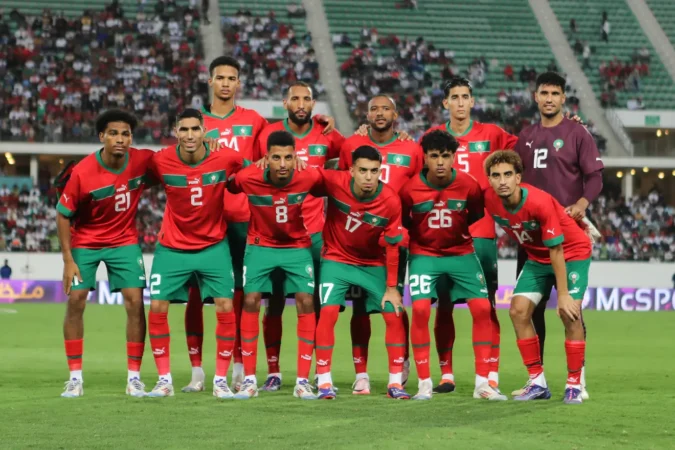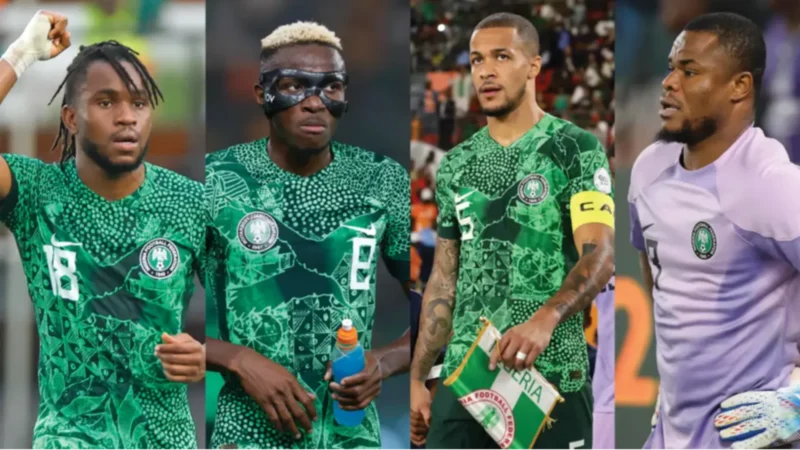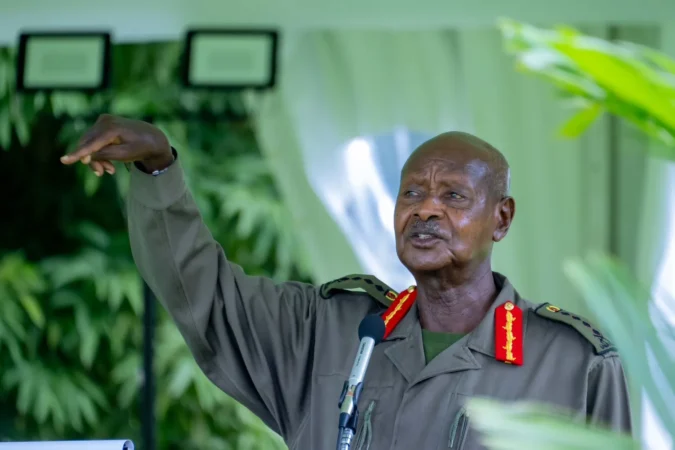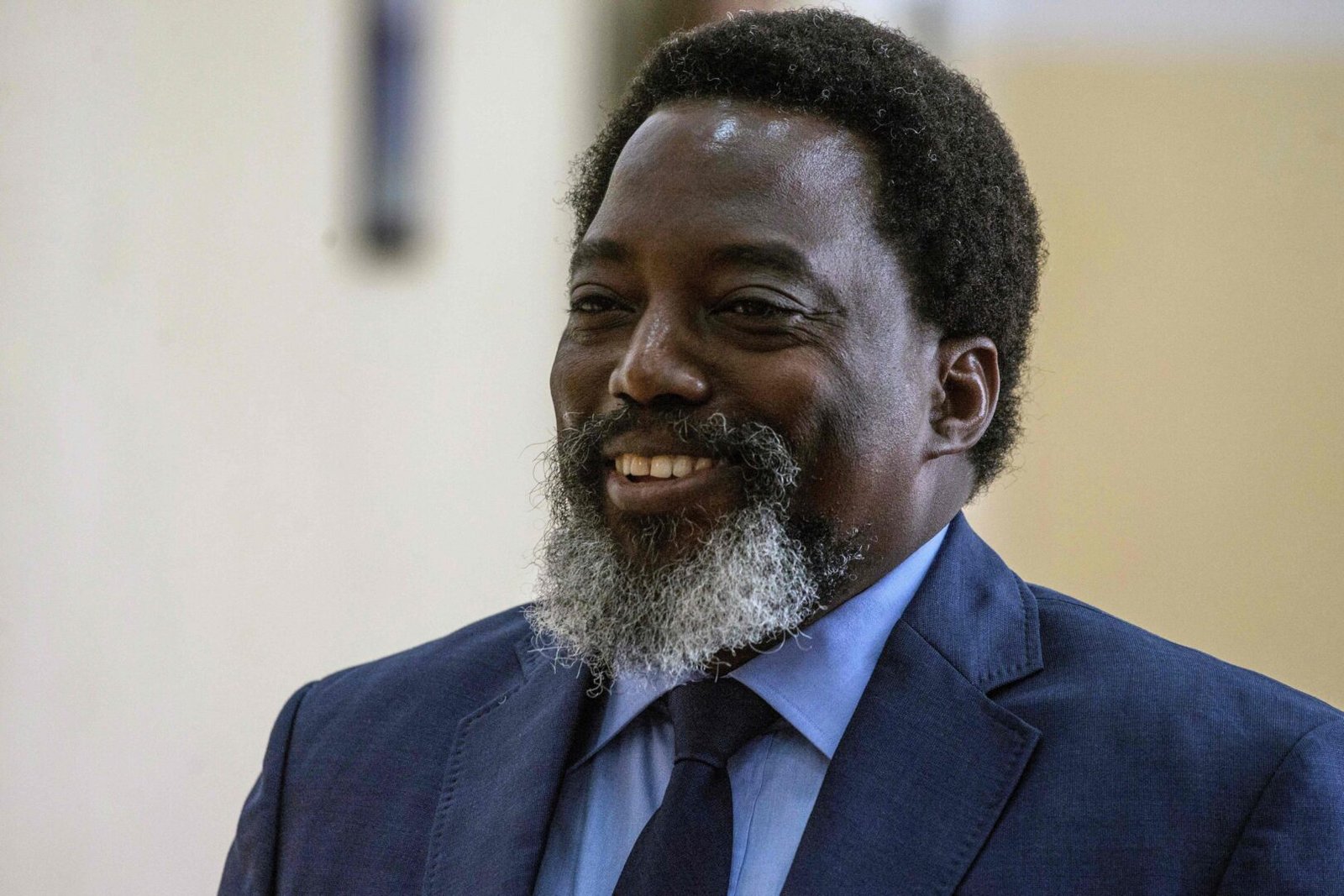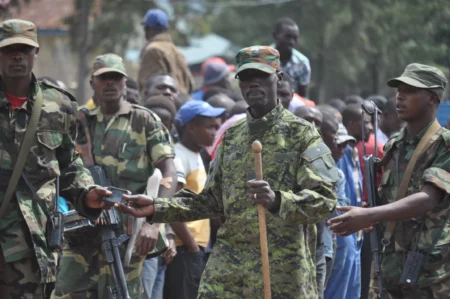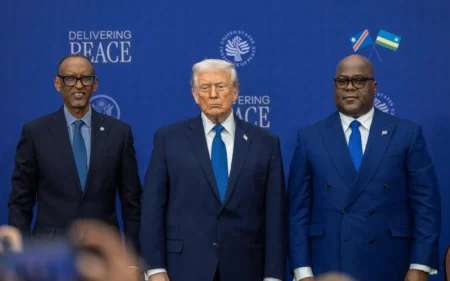KINSHASA, DR CONGO — The Congolese government has prohibited media outlets from reporting on the activities of former President Joseph Kabila and from interviewing members of his political party.
This directive follows Kabila’s return to the Democratic Republic of Congo last month, a move that has intensified tensions between himself and the current administration led by President Félix Tshisekedi.
Authorities are reportedly pursuing legal action against Mr. Kabila, citing accusations of treason and alleged connections to the M23 rebels, who have been engaged in conflict with the national army. Kabila has previously denied these allegations.
Christian Bosembe, the head of the DR Congo’s media regulator, the Supreme Council of Audiovisual and Communication (CSAC), warned that breaches of this ban could lead to media suspensions.
In response to the CSAC’s announcement, an M23 spokesperson declared that media outlets operating in areas of the country under their control would not comply with the ban. While there has been no immediate reaction from Kabila himself, Ferdinand Kambere, the secretary of his party, publicly “rejected the ban, describing it as ‘arbitrary’ on X.”
Kabila was recently observed in Goma, an eastern DR Congo city currently under M23 control. He has been a vocal critic of the government, particularly after the senate voted to lift his immunity over his alleged support for the M23 group. Neighboring Rwanda has been accused of backing the rebel group, an accusation Kigali denies.
Also Read: DR Congo suspends ex-President Kabila’s party, seizes assets over alleged M23 links
Although not yet formally charged with any crime, Kabila launched a strong condemnation of the Congolese government last month, characterizing it as a “dictatorship.” A government spokesperson at the time dismissed Kabila’s criticism, stating he had “nothing to offer.”
Reacting to the CSAC’s directive, activist Jean-Claude Katende, president of the African Association for the Defence of Human Rights, asserted that the ban constituted an “abuse of power,” according to local media reports.
Since returning to DR Congo after two years of self-imposed exile, Kabila’s party has been actively documenting and sharing his engagements online, which include visits to civil society groups and local religious representatives in Goma.
